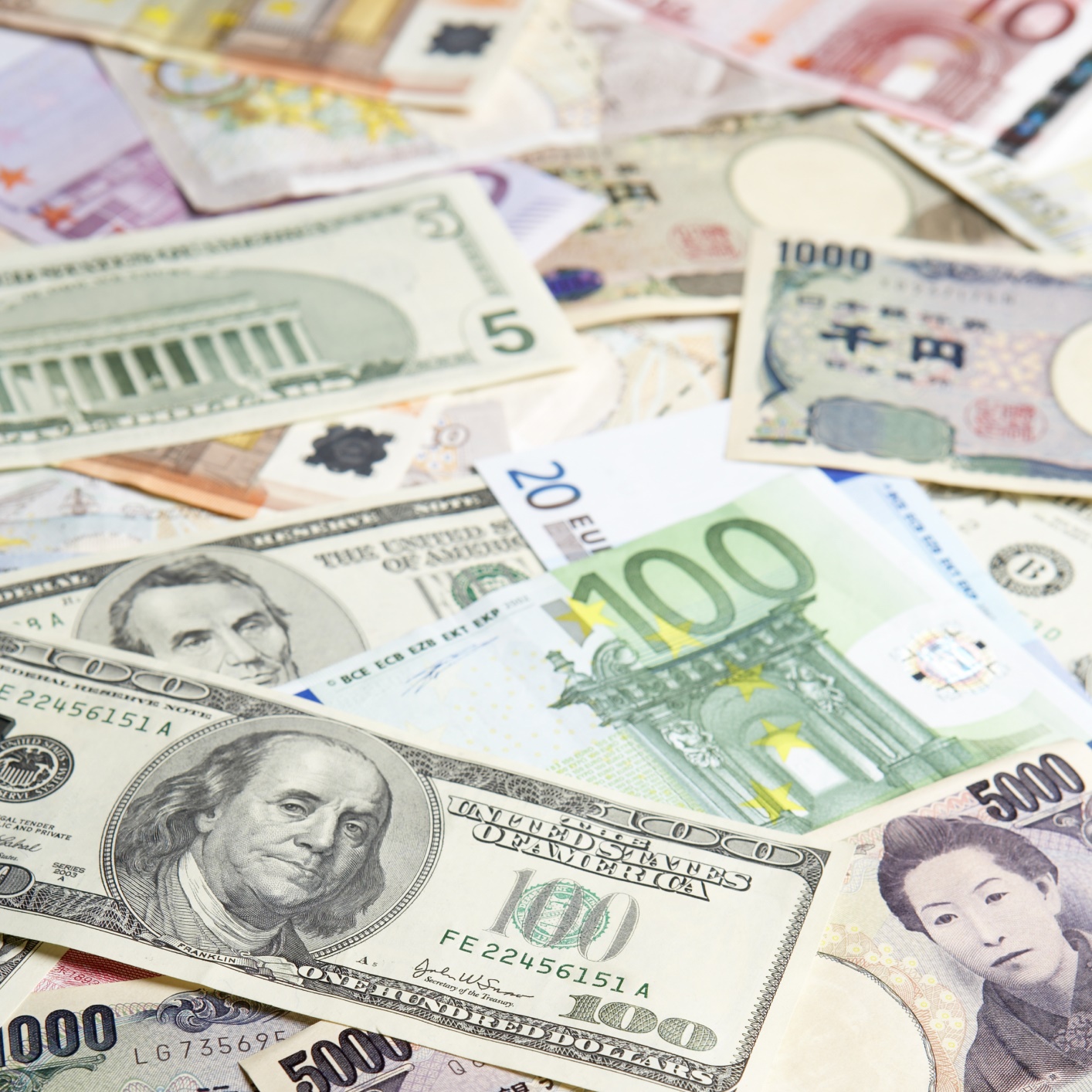Banking, finance, and taxes
$9.9 Trillion in Global Sovereign Debt Has Negative Yield

Published:
Last Updated:

Fighting deflation has a cost, and as of April 25 that cost is negative interest rate yields on $9.9 trillion in global sovereign debt. Of the total, $6.8 trillion is long-term debt and $3.1 trillion is short-term debt. The vast majority of negative yields (more than $6 trillion) are accounted for on Japanese debt. Much of the remainder is spread among eurozone countries.
The data were published Wednesday by Fitch Ratings, which noted that there are 14 countries with at least one negative yielding benchmark security that combined have $15.4 trillion in total fixed-rate debt outstanding. Weighted by market value, the total currently yields 13 basis points while the $9.9 trillion in negative-yielding debt yields negative 24 basis points.
The impact of negative yields is broad, according to Fitch:
Insurance companies, banks, pension funds and money market funds are heavily invested in government debt. Despite gains booked on many of these securities over the last several years, yields for these institutions’ portfolios have fallen sharply, and their ability to maintain profits has been reduced. Banks are already passing on increased costs to certain customers, and insurance companies are assuming incremental risks to compensate for negative yields.
Japan accounts for about two-thirds of negative yielding debt, with $6.5 trillion in fixed-rate debt obligations that yield less than 0%, and the country’s central bank now owns almost a third of nation’s government bonds.
Thank you for reading! Have some feedback for us?
Contact the 24/7 Wall St. editorial team.